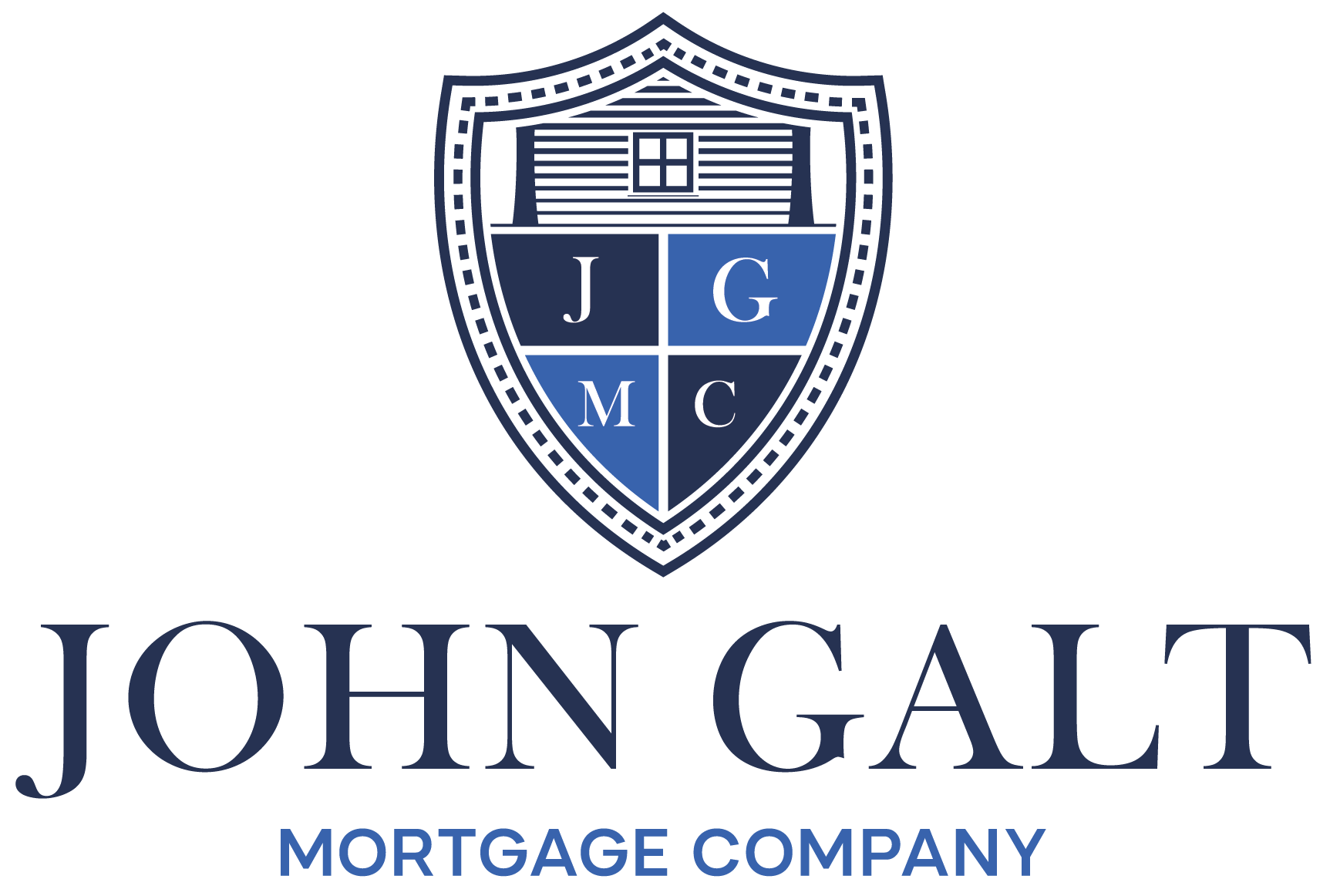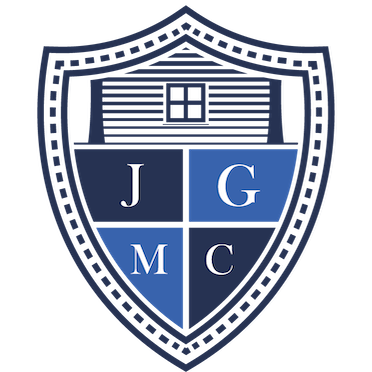What fees are associated with mortgages?
A mortgage is one of the most significant investments people make in their lifetime, and it can be a source of financial security or stress. One of the most common complaints among homeowners is the amount they pay in mortgage fees, which can add up to a considerable amount over the life of the loan. While some fees are inevitable, many homeowners pay more than they should due to a lack of understanding of the mortgage process.
In this article, we will explore some of the ways people pay too much in fees on their mortgage and what they can do to avoid these unnecessary costs.
Not Shopping Around for the Best Rates: One of the biggest mistakes homeowners make is not shopping around for the best mortgage rates. Many borrowers choose the first lender they encounter, which may not always offer the best rates or terms. By not comparing rates and fees from multiple lenders, homeowners can miss out on savings that can add up to thousands of dollars over the life of the loan.
To avoid paying too much in mortgage fees, borrowers should shop around and compare rates and terms from multiple lenders. Doing so can help them secure the best deal and avoid any unnecessary costs.

Avoid excessive costs with your mortgage
Ignoring the Fine Print
Another common mistake is failing to read the fine print. Mortgage contracts can be complex, and it’s easy to overlook important details that can impact the amount of fees paid over the life of the loan. For example, some lenders charge prepayment penalties for paying off the mortgage early or make it difficult to refinance without incurring high fees.
Homeowners should review their mortgage contract carefully, paying attention to any prepayment penalties, refinancing terms, and other fees. By understanding the terms of their mortgage, they can avoid any unexpected fees or charges.
Overlooking Closing Costs
Closing costs are an essential part of the mortgage process, but they can also add up quickly. These costs typically include appraisal fees, title search fees, attorney fees, and other charges associated with finalizing the loan. Many borrowers overlook these costs, assuming that the lender will cover them or failing to budget for them appropriately.
To avoid paying too much in closing costs, borrowers should obtain a loan estimate from their lender, which outlines all fees associated with the loan. They should also budget for these costs when planning to purchase a home.
Choosing the Wrong Mortgage Type
There are many different types of mortgages available, each with its own fees and charges. For example, adjustable-rate mortgages (ARMs) typically have lower initial interest rates but can increase over time, leading to higher monthly payments. Fixed-rate mortgages, on the other hand, offer more stability but may have higher interest rates.
Borrowers should carefully consider the pros and cons of each type of mortgage and choose one that aligns with their financial goals and budget. By selecting the right mortgage type, borrowers can avoid unnecessary fees and charges and enjoy the benefits of their investment.
Conclusion
Paying too much in fees on a mortgage can be frustrating and can put a significant strain on a homeowner’s budget. However, by taking the time to shop around, read the fine print, budget for closing costs, and choose the right mortgage type, borrowers can avoid these unnecessary costs and make the most of their investment. As with any significant financial decision, it’s essential to do the research and seek advice from professionals to ensure a successful and cost-effective outcome.



